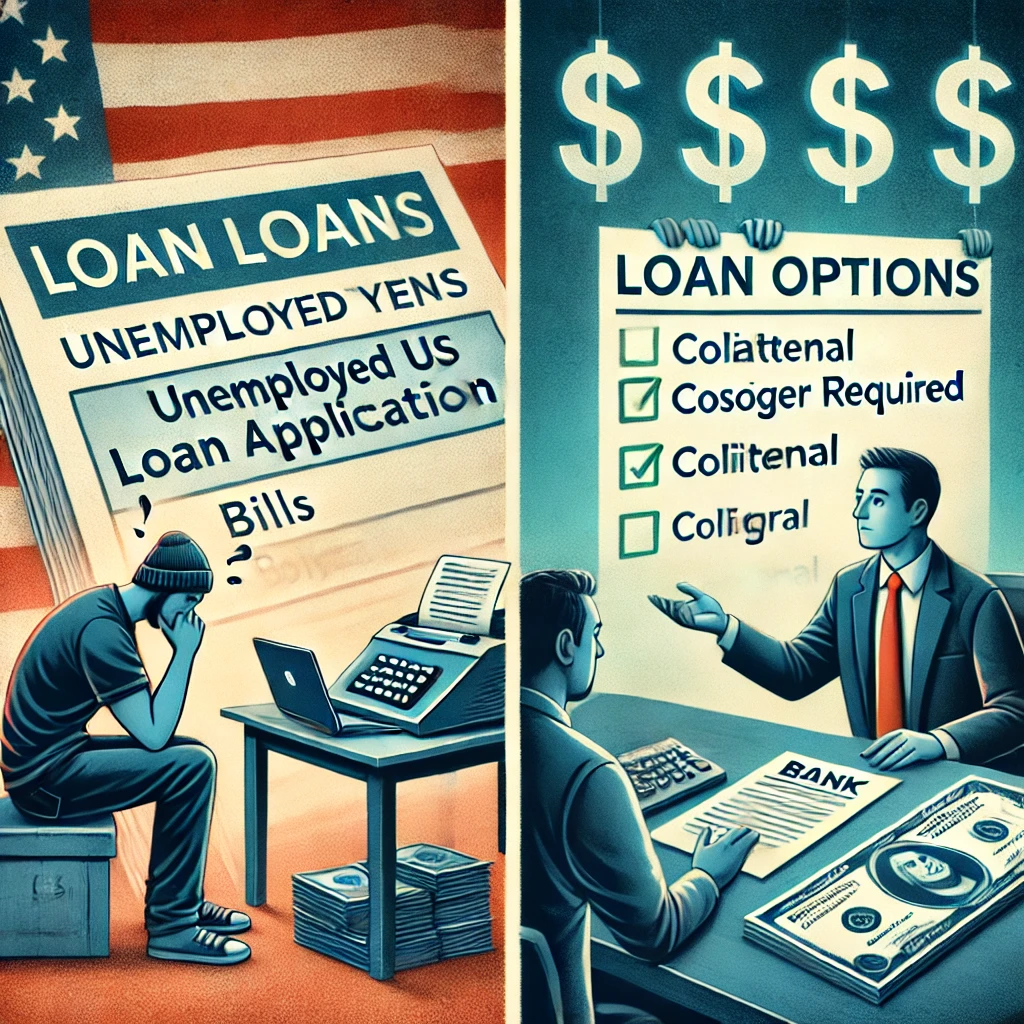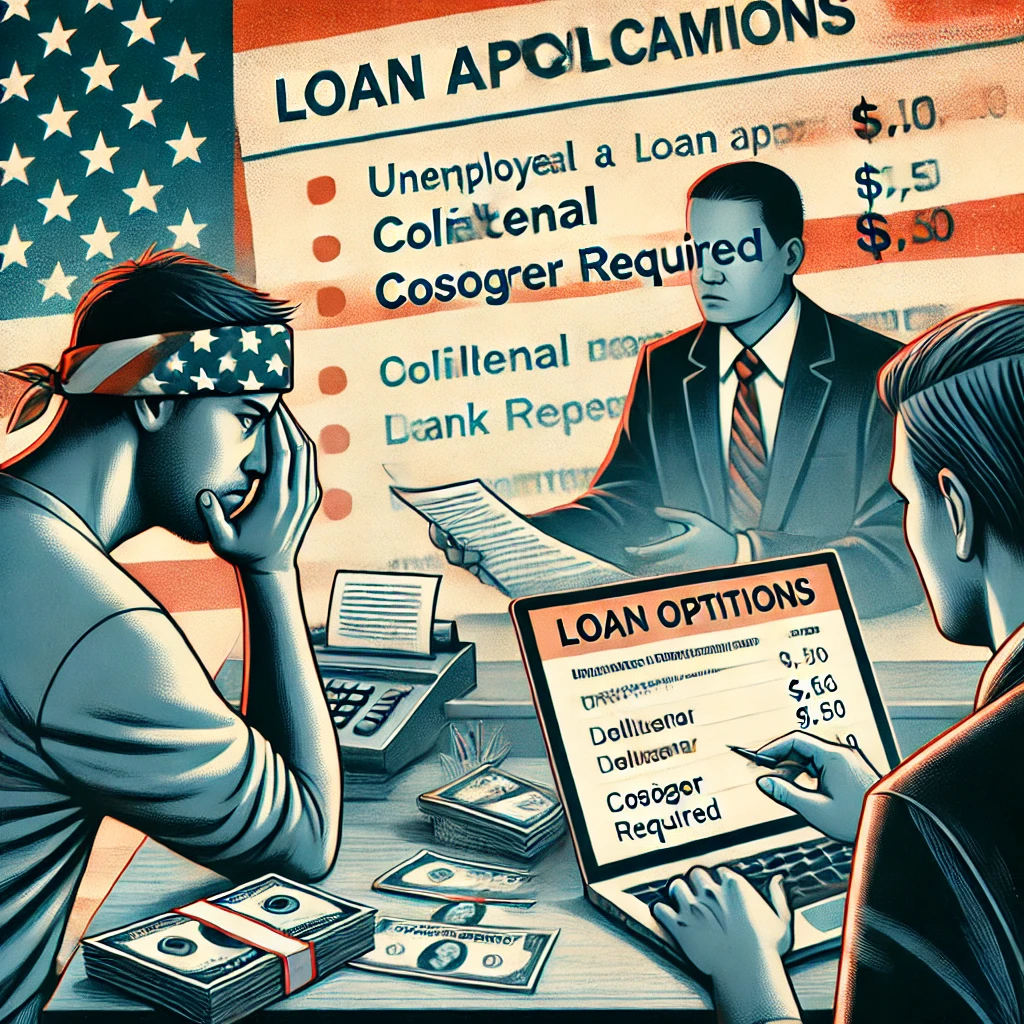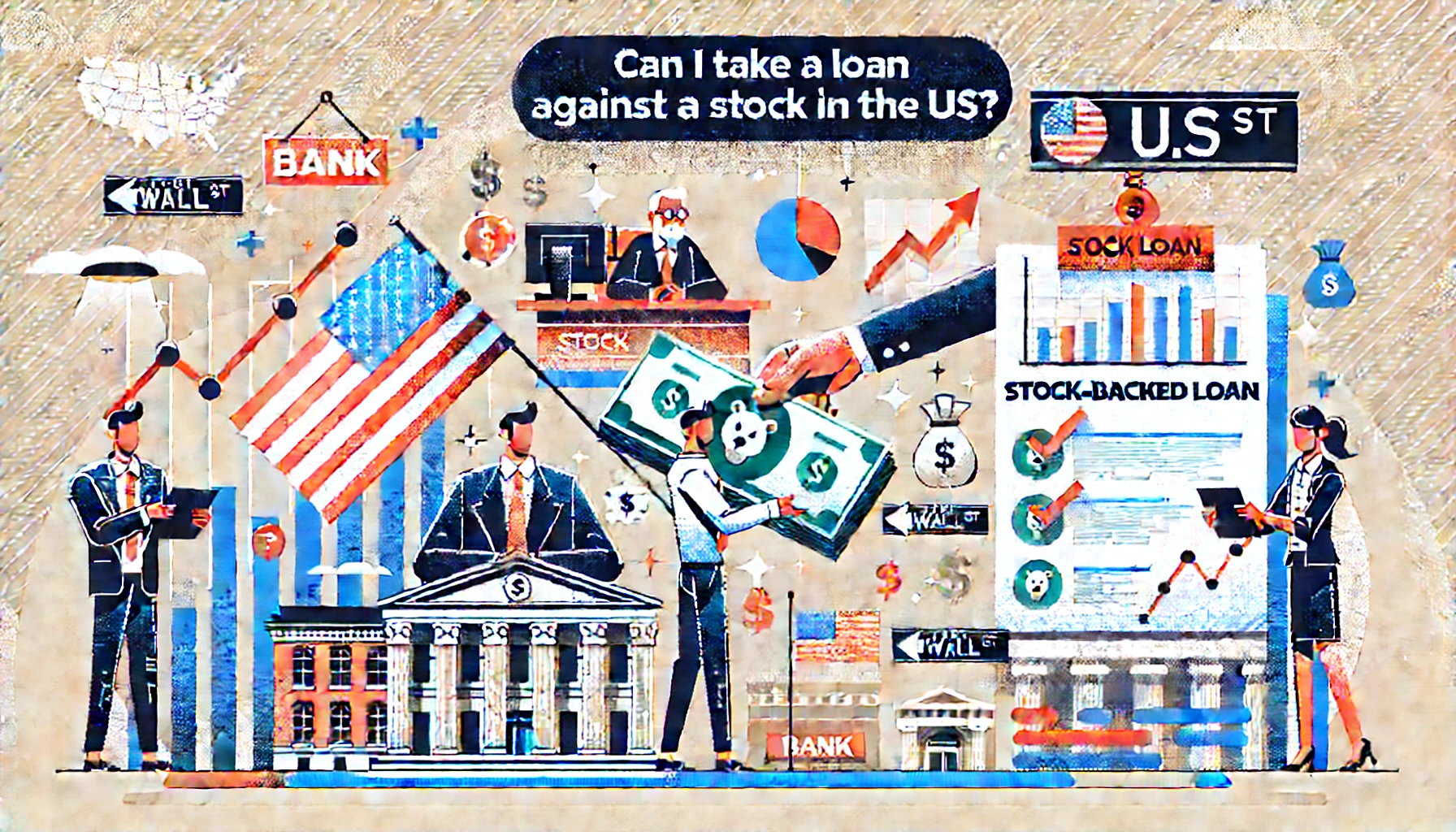Also Read: Best Large-Cap ETFs to Invest in the U.S
It is difficult to lose a job or be jobless. You are still paying bills- rent, groceries, gas and possibly even medical bills. You decide to ask yourself the question, can I get a loan even when I am not working? The answer to this is: Yes, it can happen. However, it does not always come easy, and there are things that you should be aware of before you apply.
Let us simplify it down to simple language and understand how Unemployed get Loans.
Is it Easy to Get a Loan When You Have No Job?
Yes, one is allowed to take a loan even when he is no longer employed. But lenders will be interested in showing you how you will repay it. The bank or lender will look at your income when you seek a loan, not simply at whether you have a job. You can still qualify, provided that you can demonstrate that you have some source of income.
What Counts as Income?
You do not necessarily have to get a paycheck at a job to demonstrate income. People can do a lot of other things to make money and lenders do not refuse to accept them:
- Unemployment benefits
- Social security or disability (SSI or SSDI).
- Child support or alimony
- Pension or retirement earnings.
- Rental income
- Freelance or gig work
- The income of the spouse or partner (when jointly applying)
- Investments (dividends or interests)
When you can demonstrate that money is coming in on a regular basis, and that it is sufficient to meet the loan payments, then you are more likely to be approved.
Types of Loans You can Consider
Following are some of the loan choices that you need to consider in case of unemployment:
1. Personal Loans using alternative income
Other online lenders or credit unions will issue personal loans to individuals with no conventional jobs, as long as you have some income. These are not secured loans in the sense that you do not need to secure any property or assets to take out the loan.
Just keep in mind:
- You can have increased interest rates.
- You’ll need good credit
- The size of loan can be reduced.
2. Secured Loans
You may still get a secured loan even without income or even good credit. supported by something you possess, such as:
- A car (title loan)
- A savings account
- A certificate of deposit (CD)
The danger is that, should you default on the loan repayment, the lender has the right to seize whatever you placed as security.
3. Loans with a Co-signer
The second alternative is to apply together with a co-signer, a person with good credit and a job. The co-signer will repay the loan in case you are unable to do it. This will assist you in acquiring qualification, and could obtain you a superior interest rate.
However, watch out: you will damage the credit of your co-signer in case of default payments.

4. Credit Union Payday Alternative Loans (PALs)
When you are a member of a credit union, you may be able to get a special small-dollar loan known as a PAL. They are meant to assist individuals in difficult circumstances without putting them into high-interest debt as is the case with payday loans.
These loans:
- Pay lower interest rates (28% or less)
- Are safer than payday loans
- Usually offer up to $2,000
- Allows flexible payment options.
What about Payday Loans or No-Income Loans?
You have likely encountered advertisements of either payday loans, cash advances, or the so-called no credit check loans. Be very careful with these.
Yes, they come easy–even when you are jobless. But they come with huge risks:
- Interest rates of sky-high levels (more than 400).
- Hidden fees
- Very short payback.
- Can lead to a cycle of debt
Payday loans should be avoided unless it is indeed an emergency and you have exhausted all other financing sources.
What Lenders Require (Even when you are not working)
Most lenders consider the following when you apply to get a loan:
| Factor | Why It Matters |
| Credit Score | Displays your track record in terms of making payments on schedule |
| Debt-to-income ratio | Ratio between your debt and what you earn |
| Type of income | By itself will assist in determining whether it is stable and predictable |
| Collateral (on secured loans) | Less risk to lenders |
| Co-signer (as required) | adds back up in the event you are unable to pay |
Tips to Improve Your Chances
Here are the steps towards increasing your chances of obtaining a loan when unemployed:
- Develop or sustain good credit – Pay bills on time and maintain low credit card balances.
- Document income – Bank statements, benefit letters, records of rental income.
- Get a co-signer – If you have someone who is willing to assist, it can be a difference maker.
- Begin with a credit union – Credit unions can be very adaptable compared to major banks.
- Borrow only what you require – Smaller loan sums are easier to pay back and easier to get.
Final Thoughts
Unemployment does not imply that you have nothing to do. You can borrow, but you will have to prove that you can pay it back, be it through benefits or side income or having a co-signer.
Never rush into a loan without shopping around and reading the fine print and never trust lenders who offer easy money without any questions. When it sounds like a dream, it is likely to be so.
Meanwhile, it might be helpful to contact local credit unions, nonprofits, or community programs that may assist with bills, rent, or even small loans to individuals in transition.
Keep in mind: Unemployment is short term but bad debts are long term. Use your brain, only borrow what you absolutely must and set plans.
Follow Us : youtube


